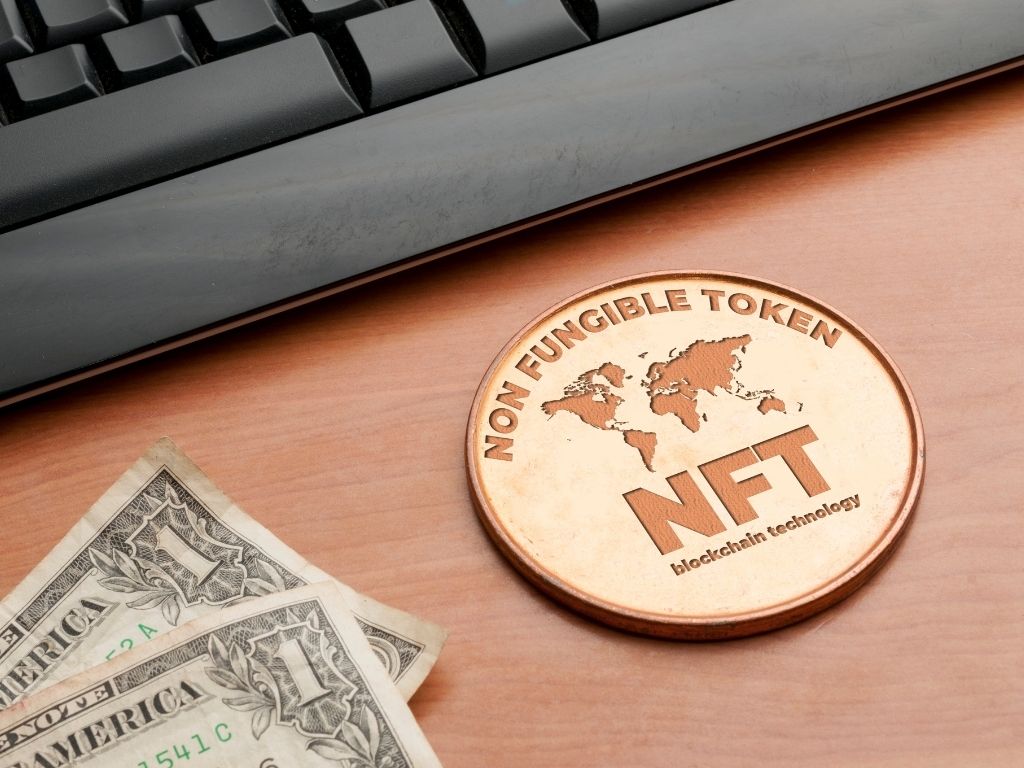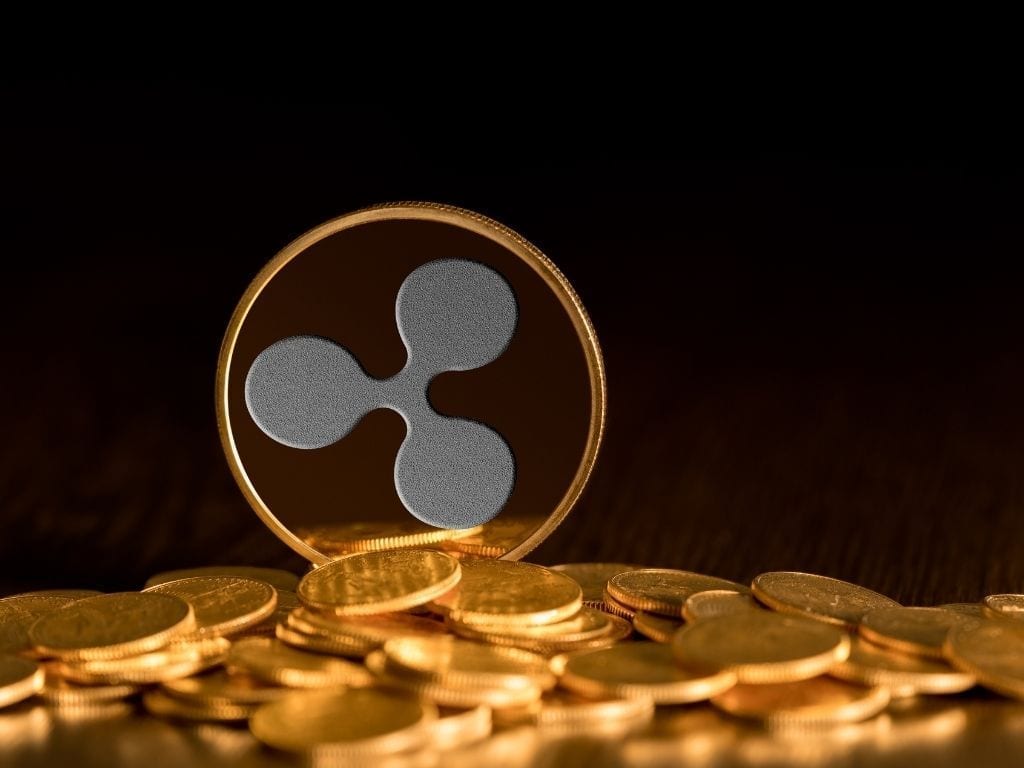Amazing Ways NFT-Based Loyalty Programs Are Changing Customer Engagement In 2024 And Beyond
In today’s digital age, businesses are constantly looking for innovative ways to connect with their customers. One of the most exciting developments is the rise of NFT-based loyalty programs. These programs use blockchain technology to create unique digital rewards that not only engage customers but also build lasting loyalty. This article explores how these programs are transforming customer engagement and what the future holds for this trend.
Key Takeaways
- NFT loyalty programs use blockchain to create unique digital rewards for customers.
- These programs enhance customer engagement by offering exclusive and tradable assets.
- Brands can build trust with transparent loyalty records that customers can verify.
- NFTs allow for personalized rewards tailored to individual customer preferences.
- The future of loyalty programs may see more integration with emerging technologies and platforms.
Understanding NFT-Based Loyalty Programs
What Are NFT-Based Loyalty Programs?
NFT-based loyalty programs are innovative systems that use blockchain technology to reward customers with unique digital assets. These assets, known as NFTs (non-fungible tokens), are not just ordinary points; they are exclusive digital collectibles that can enhance customer engagement and brand loyalty.
How Do NFT-Based Loyalty Programs Work?
These programs operate by allowing customers to earn NFTs through their purchases or interactions with a brand. Each NFT represents a specific reward, which can be traded or redeemed for various benefits. The process typically involves:
- Earning NFTs: Customers receive NFTs as rewards for their loyalty.
- Trading NFTs: Customers can trade their NFTs on various marketplaces, adding value to their loyalty.
- Redeeming NFTs: Customers can use their NFTs for exclusive experiences or products.
Key Components of NFT-Based Loyalty Programs
To create a successful NFT-based loyalty program, brands should focus on several key components:
- Unique Digital Assets: Each NFT should be distinct and valuable to the customer.
- Blockchain Integration: Utilizing blockchain ensures transparency and security in transactions.
- Community Engagement: Building a community around the NFTs fosters a sense of belonging among customers.
NFT loyalty programs are not just about rewards; they are about creating a deeper connection between brands and their customers.
By leveraging NFTs for brand engagement and community building, companies can innovate loyalty programs that resonate with modern consumers.
| Component | Description |
|---|---|
| Unique Digital Assets | Distinct NFTs that hold value for customers. |
| Blockchain Integration | Ensures secure and transparent transactions. |
| Community Engagement | Fosters a sense of belonging among customers. |
Advantages of NFT-Based Loyalty Programs
Enhanced Customer Engagement
NFT-based loyalty programs create a unique experience for customers. By offering exclusive digital assets, brands can keep customers interested and engaged. This goes beyond just buying products; it builds a stronger connection between the brand and its audience.
Immutable Loyalty Records
Thanks to blockchain technology, loyalty records are secure and unchangeable. This means customers can trust that their rewards are safe and accurate. It builds confidence and trust between brands and their customers, making the loyalty program more reliable.
Tradable Loyalty Assets
NFTs can be traded, which adds a fun twist to loyalty programs. Customers can exchange their rewards on different platforms, making them feel like they own something valuable. This not only makes the rewards more exciting but also helps brands reach new audiences through these secondary markets.
Personalized Rewards
With NFTs, brands can create customized rewards that fit individual customer preferences. This could include special digital content, early access to new products, or limited-edition items. Personalized rewards make customers feel valued and deepen their emotional connection with the brand.
NFT loyalty programs are not just about rewards; they are about creating a community where customers feel involved and appreciated.
Summary Table of Advantages
| Advantage | Description |
|---|---|
| Enhanced Engagement | Unique digital assets keep customers interested. |
| Immutable Records | Secure and trustworthy loyalty records. |
| Tradable Assets | Customers can exchange rewards, adding excitement. |
| Personalized Rewards | Tailored rewards enhance customer experience. |
Real-World Examples of NFT-Based Loyalty Programs
Nike’s CryptoKicks
Nike has introduced CryptoKicks, which uses NFTs to verify the authenticity of sneakers. This program allows customers to access exclusive content and experiences related to their purchases, enhancing their connection with the brand.
Starbucks Rewards+
Starbucks has revamped its Rewards+ program by incorporating NFTs. Customers can earn and trade NFTs that represent their favorite coffee blends or unique in-store experiences, making loyalty more engaging and fun.
GameStop’s NFT PowerUp Rewards
GameStop has transformed its PowerUp Rewards program by integrating NFTs. Gamers can unlock exclusive in-game items, limited-edition merchandise, and early access to new releases, creating a more interactive experience.
Marriott Bonvoy Moments
Marriott Bonvoy leverages NFTs to offer members exclusive access to unique experiences, such as VIP events and concerts. This approach not only rewards loyalty but also creates memorable moments for customers.
Lufthansa’s Uptrip Loyalty Program
Lufthansa has launched an innovative NFT loyalty initiative called Uptrip. Passengers can collect digital trading cards that unlock benefits like free in-flight Wi-Fi and lounge access. This program has seen over 200,000 cards collected during its soft launch, showcasing its popularity.
The integration of NFTs into loyalty programs is not just a trend; it’s a revolution in how brands engage with their customers.
These examples illustrate how brands are using NFTs to create more engaging and rewarding loyalty programs, ultimately fostering stronger connections with their customers.
How to Implement NFT-Based Loyalty Programs
Embrace Blockchain Technology
To kick off your NFT loyalty program, start by adopting blockchain technology. This technology ensures that all transactions are secure and transparent. Choose a blockchain that aligns with your brand’s values and can handle the volume of transactions you expect.
Design Unique and Valuable NFTs
Next, focus on creating NFTs that are not just ordinary tokens. Make them special by offering exclusive content, early access to products, or limited-edition collectibles. The more unique and valuable your NFTs are, the more customers will want to engage with them.
Implement a User-Friendly Wallet System
A smooth user experience is crucial. Set up a wallet system that is easy to use, allowing customers to manage and trade their NFT rewards effortlessly. This will enhance their interaction with your loyalty program and keep them coming back for more.
Gamify the Loyalty Experience
Add some fun to your program by introducing gamification elements. Consider incorporating challenges, leaderboards, and exclusive events tied to NFT rewards. This will keep customers excited and motivated to participate actively.
Collaborate with NFT Platforms
Partnering with established NFT platforms can broaden your reach. This collaboration allows customers to trade their loyalty NFTs easily, creating a larger ecosystem for your program.
Educate Your Customer Base
Finally, make sure to educate your customers about NFTs and the benefits of your loyalty program. Clear communication builds trust and enthusiasm, making the transition to an NFT-based system smoother.
By following these steps, you can effectively incorporate NFTs into your loyalty programs, creating a more engaging experience for your customers and enhancing brand loyalty.
Future Trends in NFT-Based Loyalty Programs
As we look ahead, the future of NFT-based loyalty programs is exciting and full of potential. Here are some key trends that are likely to shape this landscape:
Integration with Web3 Ecosystems
NFT loyalty programs are set to connect with the broader Web3 ecosystem. This will create new opportunities for collaboration and improve user experiences, making the digital world more interconnected.
Rise of White Label NFT Loyalty Platforms
More businesses will choose white-label platforms for their NFT loyalty programs. These platforms allow brands to customize their loyalty offerings without the hassle of building everything from scratch.
Expansion Beyond Traditional Sectors
While many NFT loyalty programs are currently in retail and gaming, we can expect to see them in other areas like education, healthcare, and even government services. This will change how loyalty is rewarded in various fields.
Interconnected Loyalty Ecosystems
In the future, loyalty rewards from one platform may be used on another. This will create a more fluid experience for users, allowing them to enjoy benefits across different services.
Increased Integration of AI and NFTs
Artificial intelligence will play a bigger role in NFT loyalty programs. By analyzing user behavior, AI can help create more personalized and relevant rewards, making the experience even better for customers.
Environmental Sustainability in Focus
As the world becomes more aware of environmental issues, NFT programs will likely focus on sustainability. This means creating eco-friendly solutions that benefit both customers and the planet.
The future of NFT loyalty programs is not just about technology; it’s about creating meaningful connections between brands and customers.
In summary, the evolution of NFT-based loyalty programs will bring about exciting changes that enhance customer engagement and redefine loyalty in the digital age.
Impact of NFT-Based Loyalty Programs on Customer Loyalty
Exclusive NFT Loyalty Program Rewards
NFT loyalty programs offer exclusive rewards that make customers feel special. These unique digital assets encourage customers to stay loyal to a brand. When customers know they can earn something rare, they are more likely to engage with the brand.
Gamification Elements for Fun and Engagement
Adding gamification to loyalty programs makes them more enjoyable. Customers can earn rewards through games and challenges, which creates a fun experience. This not only keeps them engaged but also builds a positive relationship with the brand.
Social Proof and Community Building
NFT loyalty programs help in creating a sense of community. When customers share their achievements or collectibles, it fosters a feeling of belonging. This social proof encourages others to join in, enhancing brand loyalty.
NFT loyalty programs are not just about rewards; they create a community where customers feel valued and connected.
Summary Table of Benefits
| Benefit | Description |
|---|---|
| Exclusive Rewards | Unique digital assets that enhance loyalty. |
| Fun Engagement | Games and challenges that make earning rewards enjoyable. |
| Community Building | Fosters a sense of belonging among customers. |
Conclusion
In summary, NFT loyalty programs are reshaping how businesses connect with their customers. By using these digital tokens, brands can create unique rewards that make customers feel special and valued. This new approach not only boosts customer engagement but also builds a stronger bond between brands and their followers. As we look ahead, it’s clear that embracing NFT loyalty programs can lead to lasting success and deeper customer loyalty. Now is the perfect time for businesses to explore these innovative strategies and unlock new possibilities for connecting with their audience.
Frequently Asked Questions
What are NFT-based loyalty programs?
NFT-based loyalty programs use special digital tokens called NFTs to reward customers. Unlike traditional loyalty points, these NFTs are unique and can be traded or sold.
How do these programs work?
Customers earn NFTs by making purchases or engaging with the brand. These NFTs can represent rewards like discounts, exclusive items, or special experiences.
What are the benefits of using NFTs for loyalty programs?
NFTs offer unique rewards, allow for trading, and provide a secure way to track customer loyalty. They can also create a stronger connection between brands and customers.
Can anyone participate in NFT loyalty programs?
Yes, as long as customers have access to a digital wallet and understand how to use NFTs, they can participate in these programs.
Are NFT loyalty programs only for big brands?
No, while larger companies are leading the way, small businesses can also create NFT loyalty programs to engage their customers.
What does the future hold for NFT loyalty programs?
The future looks bright! More brands are expected to adopt NFT loyalty programs, and we might see new features like gamification and better integration with other digital platforms.
Stay informed with daily updates from Blockchain Magazine on Google News. Click here to follow us and mark as favorite: [Blockchain Magazine on Google News].
Get Blockchain Insights In Inbox
Stay ahead of the curve with expert analysis and market updates.
latest from tech
Disclaimer: Any post shared by a third-party agency are sponsored and Blockchain Magazine has no views on any such posts. The views and opinions expressed in this post are those of the clients and do not necessarily reflect the official policy or position of Blockchain Magazine. The information provided in this post is for informational purposes only and should not be considered as financial, investment, or professional advice. Blockchain Magazine does not endorse or promote any specific products, services, or companies mentioned in this posts. Readers are encouraged to conduct their own research and consult with a qualified professional before making any financial decisions.

 Bitcoin
Bitcoin  Ethereum
Ethereum  XRP
XRP  Tether
Tether  Solana
Solana  Dogecoin
Dogecoin  USDC
USDC  Cardano
Cardano  Lido Staked Ether
Lido Staked Ether  TRON
TRON  Avalanche
Avalanche  Chainlink
Chainlink  Stellar
Stellar  Hedera
Hedera  Sui
Sui  Wrapped stETH
Wrapped stETH  Toncoin
Toncoin  Shiba Inu
Shiba Inu  Wrapped Bitcoin
Wrapped Bitcoin  Polkadot
Polkadot  WETH
WETH  Litecoin
Litecoin  Bitcoin Cash
Bitcoin Cash  LEO Token
LEO Token  Uniswap
Uniswap  Bitget Token
Bitget Token  Pepe
Pepe  Hyperliquid
Hyperliquid  Wrapped eETH
Wrapped eETH  USDS
USDS  NEAR Protocol
NEAR Protocol  Ethena USDe
Ethena USDe  Aptos
Aptos  Internet Computer
Internet Computer  Aave
Aave  Ethereum Classic
Ethereum Classic  POL (ex-MATIC)
POL (ex-MATIC)  Monero
Monero  Algorand
Algorand  Cronos
Cronos  Render
Render  Mantle
Mantle  Bittensor
Bittensor  MANTRA
MANTRA  Filecoin
Filecoin  Artificial Superintelligence Alliance
Artificial Superintelligence Alliance  Virtuals Protocol
Virtuals Protocol 



